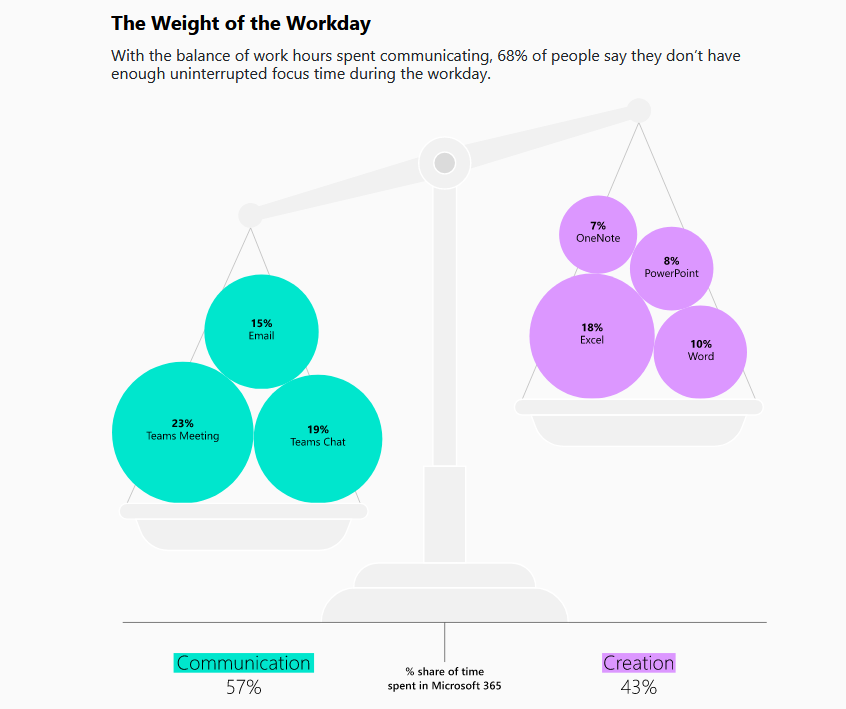Artificial intelligence has come a long way and fast in the past year. Probably the biggest shift, driven by the emergence and popularisation of ChatGPT, is the shift in attitudes to what is essentially ‘useful software’: where a year ago, many of our clients expressed a fear of AI, today, we tend to see it as a useful buddy. An assistant, or co-worker, rather than malevolent force, a helping hand rather than a harbinger of doom. That much emerged in a recent webinar I hosted together with Marc Soester, where we compared attendee feedback and views with those of a similar exploration of AI almost a year ago. You can view the full webinar here or view below.
There’s a lot of sense in that shift. After all, we’ve been using Google Assistant, Siri, and Alexa for years now. Those applications, too, were initially approached with trepidation which soon gave way to practical appreciation simply because, hey, they work. The same applies to the emerging Large Language Model AIs now coming into the workplace. Plenty of folks having a tinker are finding that ChatGPT can be pretty useful. We’re also discovering that these applications have their limitations, and that just like any tool, knowing how it works and what it’s good for is the key.
Now here’s an interesting view. Used right, AI can unlock you to be more you. Doing more human things. In asking ‘Will AI Fix Work?’ the Microsoft Worktrend Index found that ‘digital debt’ (not the same thing as technical debt) costs innovation. The time we spend in productivity apps (like Word, Excel, PowerPoint and so on) is unequally divided, with 57 percent of the time spent looking for information or opening files and so on, and just 43 percent actually doing anything creative.
At an ‘application’ level, to almost use the parlance of the networking people, this is where AI truly holds enormous potential. Nobody likes looking for stuff, figuring out what to prioritise or do, then navigating servers and networks, opening files, naming them, saving them in the right place. Yet, these tasks are part and parcel of daily work. AI, arguably, is precisely suited to this sort of thing. Particularly if driven by natural language. If AI frees us to focus on communicating and creating, focusing on concepts rather than the tools, it surely means better work. Everyone becomes more efficient and less burdened with ‘busywork’.

It’s about ‘collaborating with the terminators’, to coin a phrase. But just as the best leaders know delegation (and are good at it) delegating to your T1000 takes a little finesse. Doing so effectively could just save you from burnout, rather than consigning you to an unemployment queue.
This makes Microsoft’s concept of AI, known as ‘Copilot’ such a great idea for AI. It’s also a step or three ahead of ChatGPT, because among ChatGPT’s limitations are the fact that it uses essentially an old version of the internet, and none of your own, personal information. Copilot runs the intelligence ruler across your very own data in your very own applications. That makes Copilot potentially insanely useful.
In support of the emergence of Copilot, Microsoft has also recently published it’s white paper on effective governance for AI focused on realising the benefits of responsible AI. The whitepaper explores how to address current and emerging AI issues and build safe, secure, and transparent AI systems that benefit society.
Harnessing AI in the PMO
We decided to run an AI experiment in our PPM tool, Altus, by asking for an analysis of current projects within the PMO, identification of those with issues, and where the project manager should allocate their attention. While we got different answers on different occasions, what did emerge is that the AI could save a good hour on those Monday mornings where you arrive in the office, wondering just where on earth you’d left off on Friday. This is the sort of assistance which can clearly make you more productive, less stressed, more focused on the things that matter, and the things where your attention makes a difference.
In fact, we even found that AI can do some pretty amazing things that most project managers and ordinary people everywhere really hate: for example, punching out 90 percent of a portfolio status report. Marc of course then noted that perhaps on demand, language-driven reports accurate to the minute might be better than a complete portfolio report…after all, once a report is completed, it is effectively a bug frozen in amber while the rest of the world moves on.
And this, really, is the power of AI. Used appropriately, it becomes an assistant more than a tool – and there are a lot of them out there, with Microsoft alone fielding more than 20 of them. Applied to YOUR data, and when you know how to speak nicely with it, AI expands and extends your productivity. It helps keep an eye on more, and get more done by dealing with the drudgery – the structure and form of a report is important, but do you really have to work off a clunky template and spend two hours on formatting? No.

What our audience told us is that AI is coming. Any fear and loathing is giving way to an appreciation of value (yes, I for one welcome our robot servants). Starting with small things is a very good idea, because it will lead to the bigger things and allow emerging AI systems to refine and mature. And finally, those who do embrace AI and become more efficient and effective in their work, won’t ever have an issue finding work. Because you’re not competing with AI, but using it to your advantage.



